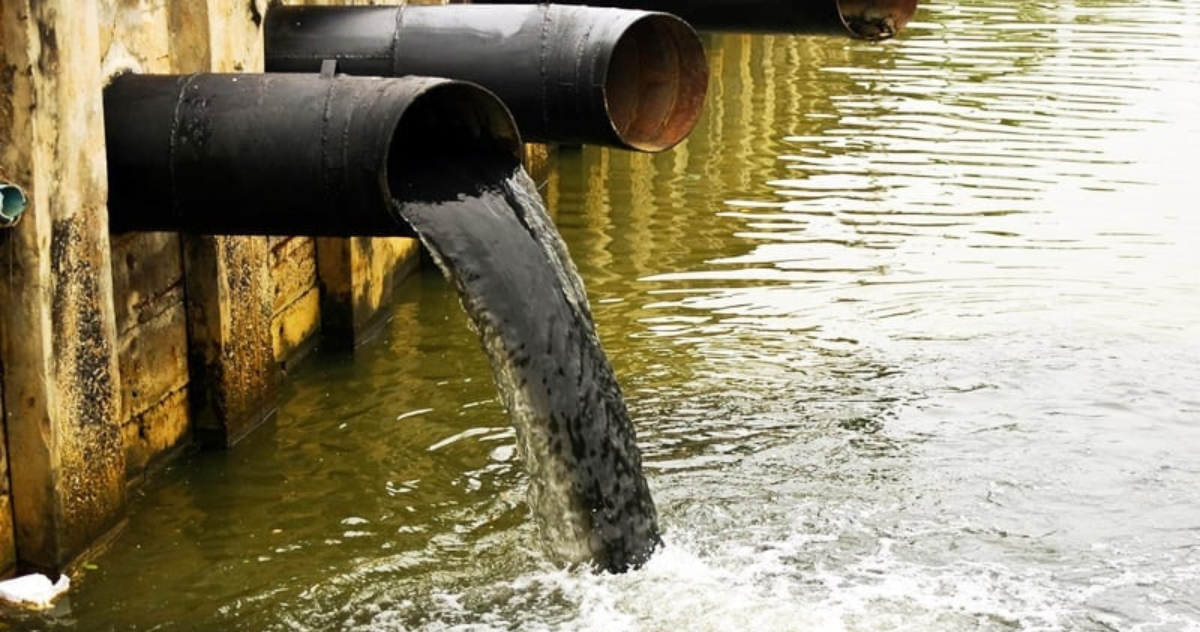UK (Parliament Politic Magazine) – The United Kingdom environmental ministry warns the UK industries of heavy penalties for increasingly polluting the environment, including the water industry and others.
The organization of Variable Monetary Penalties (VMPs) has expanded the range of offenses they cover, meaning that the environmental agencies will have multiple expanded numbers of tools to charge the industries for violating the environmental laws and increasing pollution in the state.
Increase environmental pollution in the United Kingdom:
Air pollution has always turned out to be a major issue for the United Kingdom, especially London. Globalization is a great favor to the development around the globe, but it certainly has its negative effects also showing in the states, as observed in the United Kingdom. Air pollution around the state has increased, migration to which is also playing an influential part in it, since the majority of African people are migrating towards the United Kingdom and other European states for a better life.
As a result of these factors, the number of international migrants has increased significantly in recent decades. In 2020, there were an estimated 274 million international migrants worldwide, up from 153 million in 1990. The increased pressure on the states to provide for the migrants has given a boosting element to state industries and multiple businesses but has placed an increasing pressure on the environmental degradation.
Other factors affecting the state environment include; emissions from power generation, especially fossil fuels such as coal power stations, multiple fuel industries and transportation, farming; rural areas of the UK have their own more prominent sources of air pollution too, and agriculture is found to contribute 88% of the UK’s ammonia emissions.8 Ammonia gas can “over-fertilize” natural environments with too much nitrogen, and also combines with other pollutants to produce particulate matter, harming human health and burning fuels in homes for heating or energy, such as biomass or wood burners.
Read More: United Kingdom warns the economic sector for crackdowns
Expanded Offense Range:
The expanded range of offenses the Variable Monetary Penalties (VMPs) include:
- Breach of permit conditions from sites that discharge into rivers and seas – for example from sewage treatment works and permitted storm overflows;
- Illegal discharges to water where there is no permit, such as in the event of agricultural pollution from slurry stores;
- Illegal waste offenses, such as from illegal scrap yards or unpermitted waste management facilities;
- Permit breaches from manufacturing industries and power stations which contribute to air pollution.
The new unlimited penalties will work as an effective supportive tool for the united kingdoms’ plans for water conservation. The tougher rules and regulations will provide the endurance of increased investments and regulation across the water system in the state.
Concrete Actions of the Environmental Institution:
Environment Secretary Steve Barclay said:
“Polluters should be in no doubt that if they harm our precious habitats and waterways they will pay. By lifting the cap on these sanctions, we are simultaneously toughening our enforcement tools and expanding where regulators can use them. These changes will deliver a proportionate punishment for operators that breach their permits and cause pollution.”
Environment Agency Executive Director John Leyland said:
“These new powers will allow us to deliver more penalties and help us to continue to hold polluters, including water companies, to account. The threat of uncapped financial penalties should boost compliance with environmental laws – helping us provide stronger protection to the environment, communities and nature.”
These penalties will affect all the industries possessing environmental permits including water and waste companies followed by the agricultural sector and other state industries. With the launch of these penalties, the money obtained from industries will further be used to protect the environment, water and natural resources of the state.

